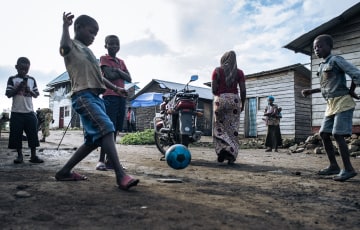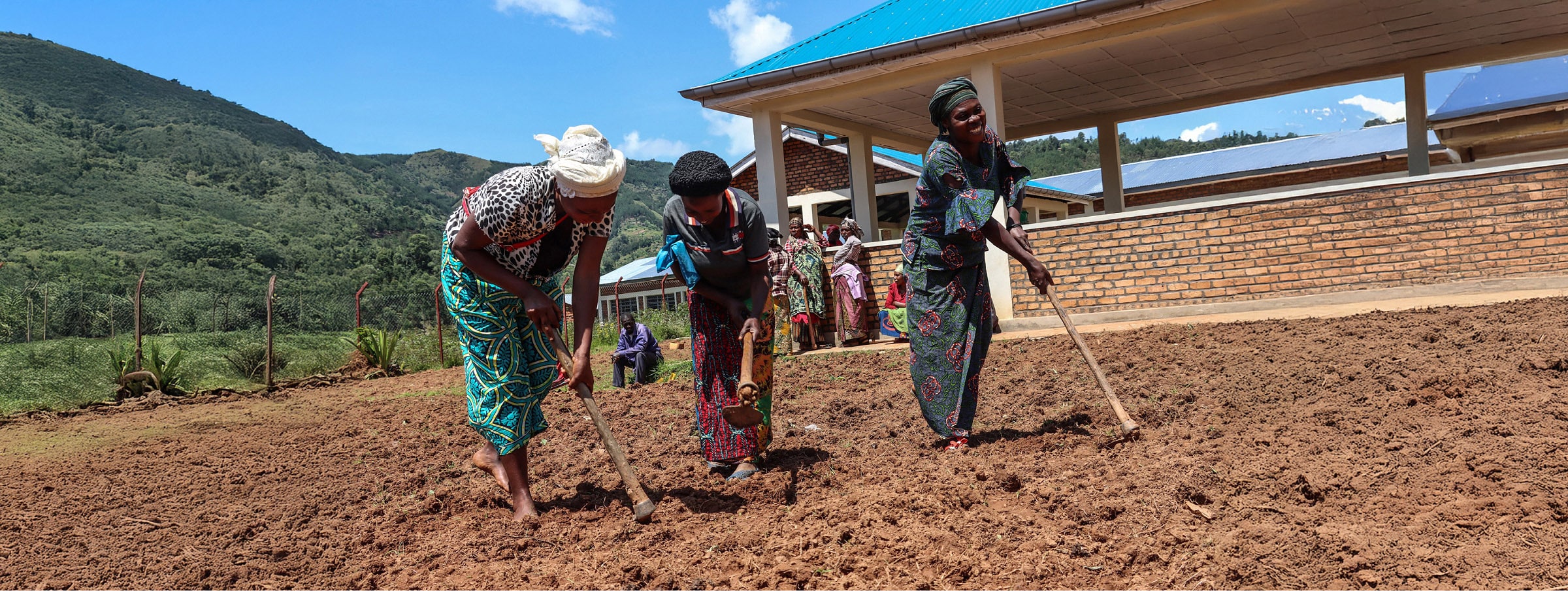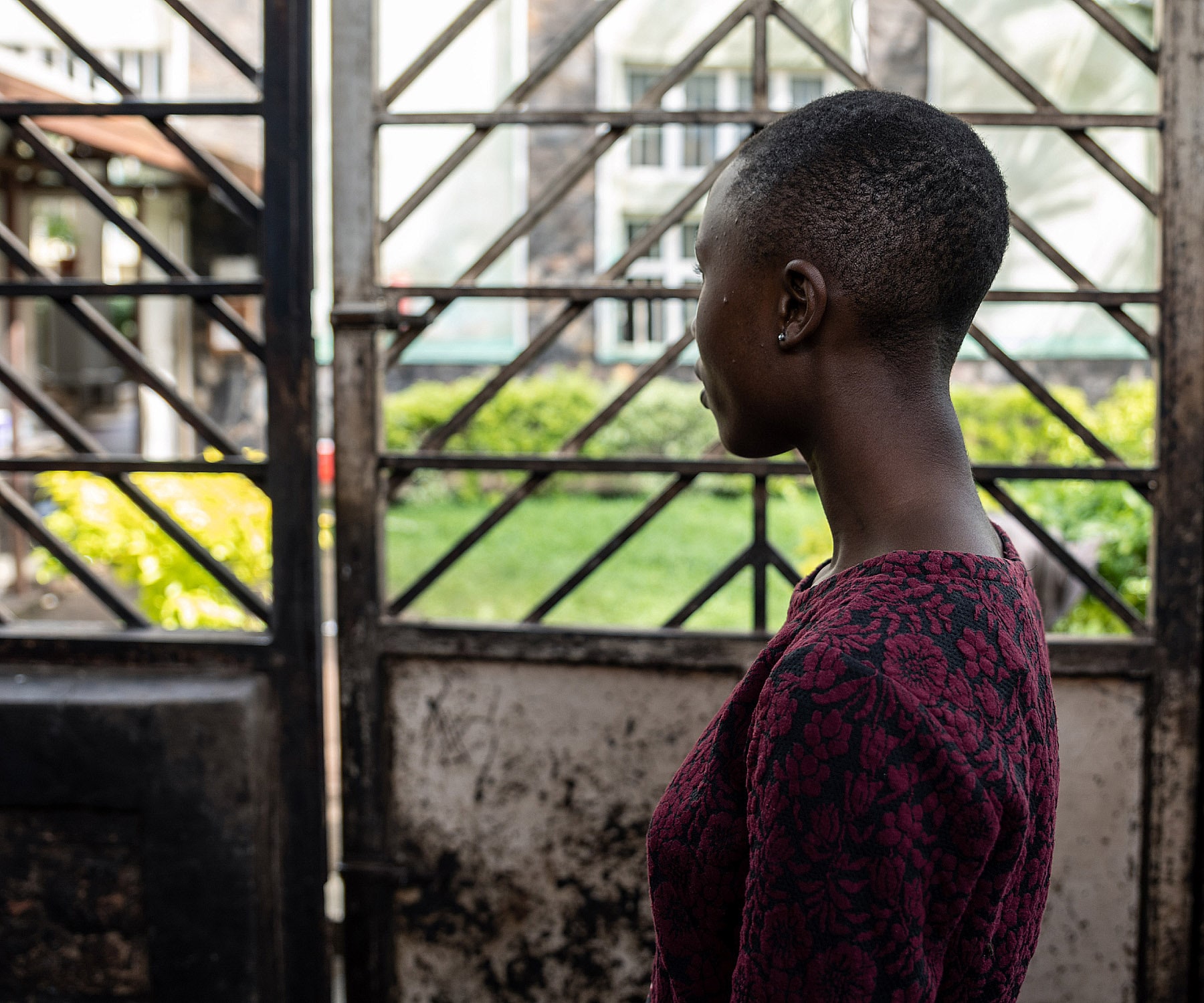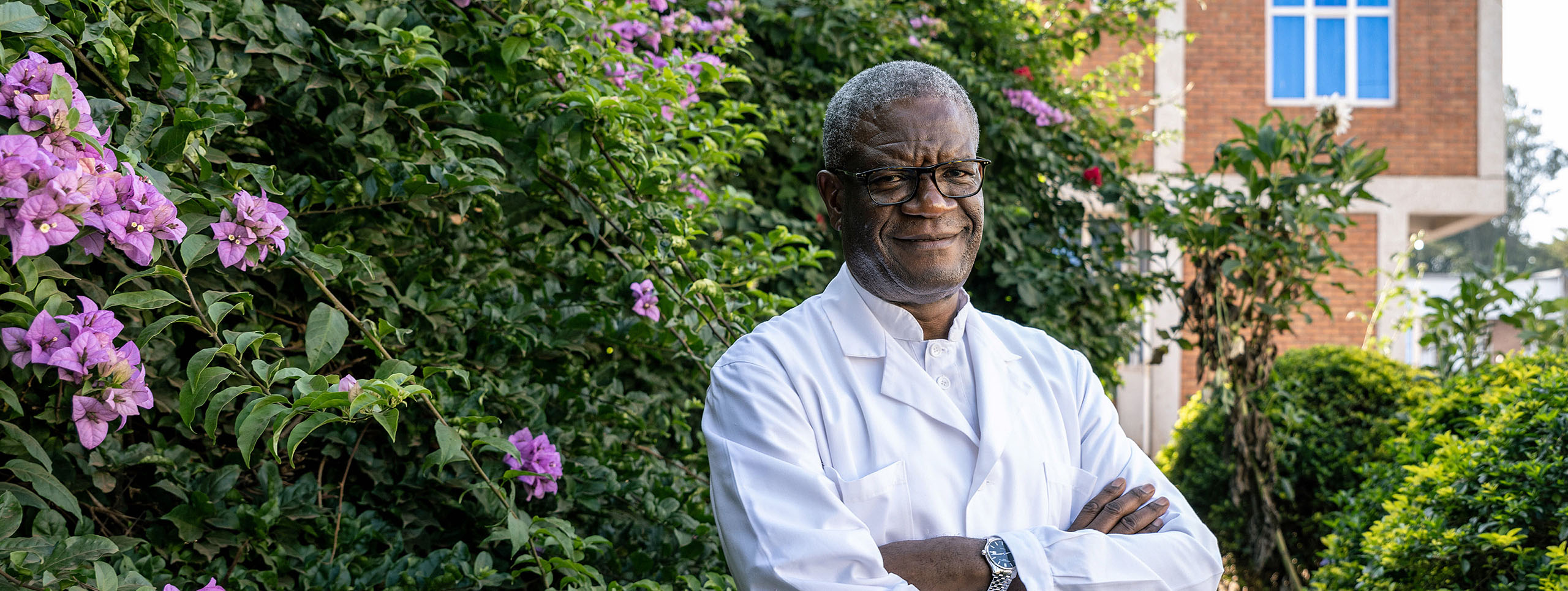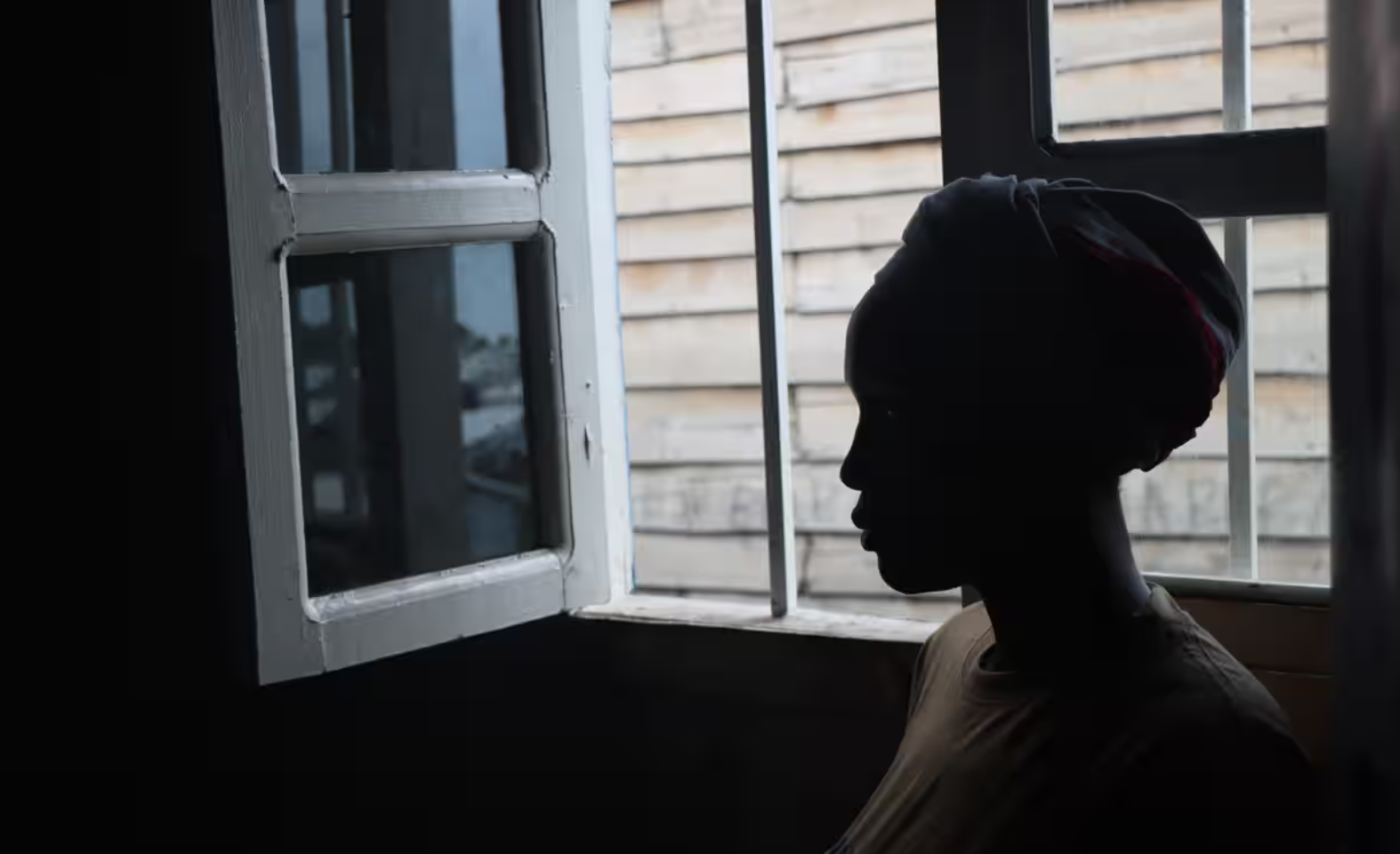Statement from Dr. Denis Mukwege, 19 June 2016
Today we celebrate the first International Day for the Elimination of Sexual Violence in Conflict.
Our thoughts immediately go to all victims, all the women and men, girls and boys, sometimes even babies, who have been abused, tortured, and subjected to rape as a strategy of war. Rape that becomes a widespread or systematic attack against a civilian population on national, political, ethnic or racial grounds is a Crime Against Humanity. Rape is a cost efficient, cruel, inhumane and degrading war strategy deployed in too many modern conflicts.
Rape as a weapon of war should not be confused with rape, or non-consensual sex. It is first and foremost a strategy of humiliation, power, and subjection – usually committed in public, and targeting civilians. It also covers sexual slavery and forced sterilization. Systemic, orchestrated rapes are often a weapon that forces people from their homes, destroys family life, and the social fabric of entire communities. It aims to destroy the source of life and so, it concerns us all. Rape in conflict leaves evidence behind, including children born of rape, and the lingering horror when rape and gender-based violence metastasize and spread through traumatized communities and societies, their values lost, often for generations.
The first time I testified before the United Nations Security Council on the rapes committed in the Eastern regions of the Democratic Republic of the Congo, a diplomat from one of the permanent members was reluctant to even discuss this issue at the United Nations Security Council.
Since then, progress has been made. There is growing awareness at the global level and a multitude of resolutions have been adopted by the Security Council in the wake of resolution 1325. After a too long silence and a culture of denial, the question has now attracted attention and more and more survivors are aware of their right to justice and their right to access health care safely.
The adoption of this international day sends a strong message: the international community has opened their eyes and calls on each of us, men and women, to take action against this heinous crime. Each of us can make a difference. We can contribute to changes in attitudes to end the crime of rape, which is often presented as the oldest in the history of humanity, but which remains unpunished far too often.
We must redouble our efforts though, to raise awareness among opinion and policy makers. Together we must seek an end to impunity, and pursue justice for the victims of Rape in Conflict subjected to these crimes that shock the conscience of our collective humanity.
The law represents the most effective tool for preventing sex crimes, at home or abroad. The landmark Akayesu case set a legal precedent and created a framework for the law, for policy makers, survivors, and their communities. In recent months, we have been encouraged by the conviction of military officials in Guatemala for acts committed against Mayan women in the early 1980s. The conviction and condemnation of the former President of Chad, Hissène Habré, in Senegal was a welcome victory for both victims and civil society associations, as well as for truth – and history. International criminal justice should focus on those who orchestrate and oversee these crimes, and on the individual perpetrators. Despite the modest progress made, I remain dismayed by the upsurge of sexual violence during conflict, leaving the overwhelming majority of victims continue to suffer in silence, without benefiting from services which are so much needed to restore their dignity.
It is time to act, to turn words into actions, and to establish a strategy. Concrete actions with real political will further the commitments made at the London Summit, and aid us in seeing an end to sexual violence in times of conflict. It takes a clear and unequivocal commitment by each one of us, in partnership with the international community. We must establish a red line against the use of rape as a weapon of war. We must create a lasting legacy of peace and democracy not one of impunity and indifference.
Dr. Denis Mukwege, PhD
Communiqué de presse du Dr. Denis Mukwege à l’occasion de la journée internationale pour l’élimination des violences sexuelles en période de conflit
Aujourd’hui, nous célébrons la première journée internationale pour l’élimination des violences sexuelles en période de conflit.
Nos pensées vont immédiatement à toutes les victimes, hommes et femmes, garçons et jeunes filles, parfois même des enfants et des bébés, qui ont été abusés, torturés, et soumis au viol commis comme une stratégie de guerre – technique cruelle, inhumaine et dégradante qui se répand dans de trop nombreux conflits modernes.
Le viol comme arme de guerre ne doit pas être confondu avec une relation sexuelle non consentie, car il est commis le plus souvent sur des civils, en public, et de manière méthodique, massive et systématique. Les communautés locales sont également victimes d’une pléthore de violences sexuelles comme l’esclavage sexuel et les stérilisations forcées. Il s’agit avant tout d’une stratégie d’humiliation, de pouvoir et d’assujettissement. Le viol commis avec extrême violence vise non seulement à détruire l’appareil génital de la femme, mais avant tout à terroriser la population, à la forcer au déplacement, à détruire la vie familiale et le tissu social. Il vise donc à détruire la source de la vie et nous concerne tous. De plus, il continue à laisser des traces multiples après la guerre – notamment pour tous les enfants issus du viol, lorsque le viol et les violences basées sur le genre se répandent comme des métastases dans des sociétés traumatisées et en perte de valeurs, souvent pour plusieurs générations.
Les conséquences du viol commis avec extrême violence s’apparentent aux effets des armes classiques, voire des armes de destruction massive. La première fois que j’ai témoigné devant le Conseil de Sécurité sur les viols commis à l’Est de la République Démocratique du Congo, un diplomate d’un des pays membres permanents avait fait remarqué son incompréhension à débattre de cette question au Conseil de Sécurité des Nations Unies.
Depuis lors, des progrès ont été accomplis : une prise de conscience grandissante gagne l’opinion publique mondiale et le Conseil de Sécurité a adopté plusieurs résolutions importantes dans la foulée de la résolution 1325. Après un trop long silence et une culture de déni de la réalité, la question retient à présent l’attention et de plus en plus de survivantes sont informées de leurs droits à la justice mais aussi à l’accès à la santé.
L’adoption de cette journée internationale envoie un signal fort: la communauté internationale a ouvert les yeux et interpelle chacun de nous à briser l’indifférence, à se mobiliser ensemble, hommes et femmes, contre ce crime odieux. Chacun de nous doit se révolter face à l’inacceptable, et chacun de nous a vocation à contribuer au changement des mentalités pour mettre fin à ce crime souvent présenté comme le plus vieux de l’histoire de l’humanité, mais qui est toujours resté impuni.
Telle est la raison pour redoubler les efforts de lutte contre l’impunité pour ces crimes qui choquent la conscience de l’humanité. La justice représente l’outil le plus efficace pour prévenir la répétition de ces crimes à caractère sexuel. Depuis le précédent historique de l’affaire Akayesu lors du génocide au Rwanda, nous avons été encouragés par la condamnation récente de responsables militaires au Guatemala pour des faits commis contre des femmes Maya au début des années 80. La condamnation de Hissène Habré au Sénégal a aussi été saluée par tous comme une victoire des associations de victimes et de la société civile sur la vérité et l’histoire, et un précédent important sur la base du principe de la compétence universelle. Nous gageons que la justice pénale internationale ne va plus s’intéresser qu’aux simples exécutants ou aux petits poissons car malgré les timides progrès enregistrés, nous constatons avec effroi une recrudescence de violences sexuelles en période de conflit et l’écrasante majorité des victimes continuent de souffrir en silence, sans bénéficier des soins si nécessaires pour la restauration de leur dignité.
Il est plus que temps d’agir, de transformer les paroles en actes et d’établir une stratégie et des actions concrètes avec une réelle volonté politique suite aux déclarations faites au Sommet de Londres pour mettre fin aux violences sexuelles en période de conflit. Il faut un engagement clair et univoque pour que la communauté internationale établisse une ligne rouge contre l’usage du viol et les violences sexuelles utilisées comme une arme de guerre. Et ne la laisse plus se faire transgresser dans l’impunité et l’indifférence.
Dr. Denis Mukwege




